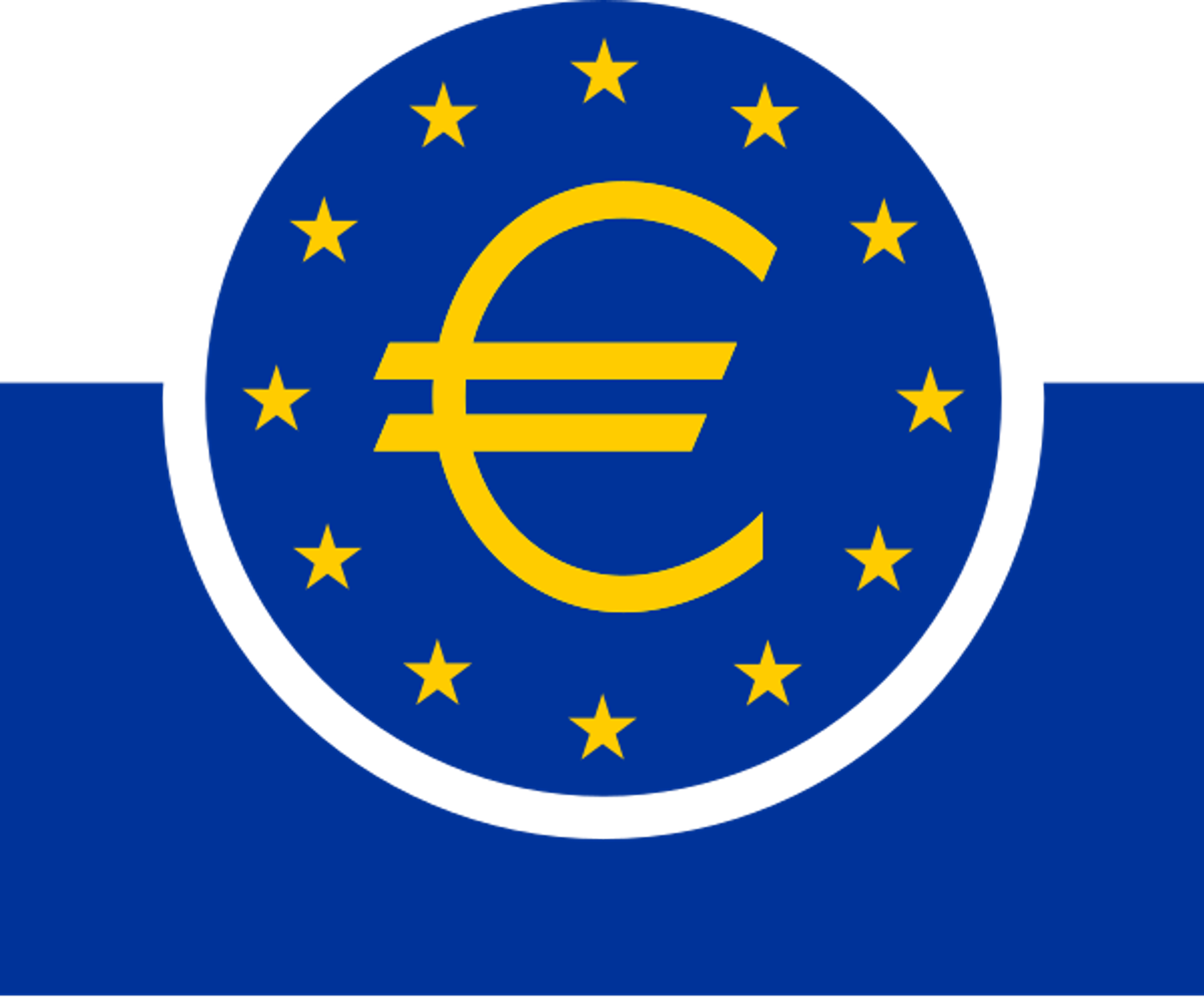
European Central Bank
What do people say about European Central Bank?
The European Central Bank is perceived in Sweden as a powerful yet controversial institution. On one hand, ECB leadership, especially Christine Lagarde, is acknowledged for navigating Europe's economic resilience amid geopolitical and financial instability. However, the bank faces criticism for its 'creative borrowing' strategies to circumvent political opposition and its cautious, sometimes ambiguous communication about interest rate policies that leaves markets uneasy. Discussions highlight ECB's significant influence but also suggest mistrust about its ability to decisively manage inflation and political pressures, especially in relation to contentious EU matters like support for Ukraine. Overall, Swedish media portray the ECB as a key but imperfect player struggling between economic stewardship and political compromise.
Where are the conversations happening?
The most critical discussions appear in politically oriented podcasts like 'Inre Kabinettet,' where ECB's financial maneuvers to navigate political opposition are highlighted, suggesting distrust of its methods. 'Morgonrapporten' from Handelsbanken provides a more formal analysis, crediting ECB leadership with economic resilience but also underscoring ambiguous monetary policy signals that unsettle markets. Other sources like 'Ekot nyhetssändning' and 'Marknaden' touch on ECB indirectly, with the former referencing ECB in the context of broader economic competitiveness and the latter focusing more on market volatility, which ECB policies influence but are not the primary critique focus. Overall, critical scrutiny is strongest in political analysis channels, while financial news presents a more balanced but cautious view.
What are the topics trending around European Central Bank?
Key emerging topics include ECB's monetary policy decisions, particularly interest rate adjustments and balance sheet reductions; political tensions within the EU affecting ECB's financial strategies such as creative borrowing to bypass opposition; economic resilience in Europe amid geopolitical crises like the war in Ukraine; and competition challenges facing European markets in relation to US and Asian financial hubs.
Why are these topics trending?
These topics arise from the media's focus on ECB's cautious communication about future rate cuts, its involvement in politics around EU support for Ukraine, and concerns about how ECB policies impact market stability and competitiveness. The intersection of monetary policy with political disputes and economic resilience narratives dominate discourse, highlighting the ECB's central but contested role in Europe's financial and political landscape.
How is European Central Bank being talked about?
Detailed breakdown of public sentiment and conversations about this entity.
Impact vs Sentiment
See how each entity's high impact percentage relates to their positive sentiment percentage from actual mentions.




